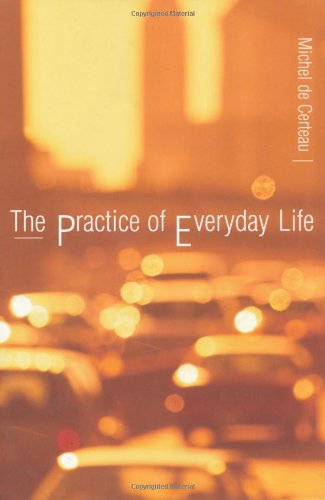Student experience, inclusion, diversity
A number of ideas have informed and motivated the development, design, and delivery of the Storying Sheffield course (and other related projects). The initial development of the course was motivated by a wish to engage more closely with issues around participation, inclusivity, equality and diversity in the School of English. Therefore one principle of the project is to work with local people who are more likely to have experienced social exclusion, and who come from groups who have been less likely to benefit from the expansion of UK higher education. The benefits for non-undergraduate participants include free access to University facilties and a range of training and education delivered by highly qualified academics and others; a University certificate which can be used in applications for work or education; dedicated space and time to work on creative and challenging activities; and the recognition, built into the structure of the course, that they have a range of expertise and experience which can benefit others.
In terms of undergraduate experience, the benefits of the Storying Sheffield include increasing social and cultural awareness, the development of a range of interdisciplinary knowledge, and experience, and the enhancement of their potential employability. Working on the project benefits UG students by helping them develop leadership skills through placing them in positions of responsiblity. Involvment in the project requires students to take responsibility for organising a range of complex creative and practical tasks, and facilitating group work.
Academic and theoretical



The cultural and academic bases of the course are various. They include an acknowledgement of ‘narrative’ as a social, cultural form, and as intrinsic to the formation and maintenance of human identity. Flowing from this recognition, human agency is seen to have a narrative element, so that the self-determination of narrative representations becomes an act with the potential to empower the author. However, and to some extent counteracting this emphasis, the project also recognises that the concept of narrative can be an alienating one, and that many people may find it difficult or impossible to conceptualise their identity as a singular and coherent narrative. Therefore, a key element in the project is the production and collection of representational ‘fragments’: small, incomplete, pieces of representation, rather than ‘complete’ stories. Students are encouraged to explore the significance and value of such items.
In addition, the importance of physical space to the development of identity, and the effects on space of human interaction, are central ideas. Identity and experience are anchored in and affected by the physical – as well as the cultural and social – environments. Indeed, physical space can itself represent or ‘tell’ a kind of narrative, and the course is influenced by the idea that human beings can change the spaces in which they live, both through physical actions, and through acts of re-imagination. Closely allied to these ideas, is the recognition that everyday life is worthy of study and creative engagement, and that through such activities we can learn a great deal about our culture and ourselves.
Finally, the project is in part constructed around the idea that creative, artistic endeavour can be a mode of research, and that through engaging in such work people’s knowledge and understanding in both content-specific and more divergent fields of enquiry can be enhanced.
